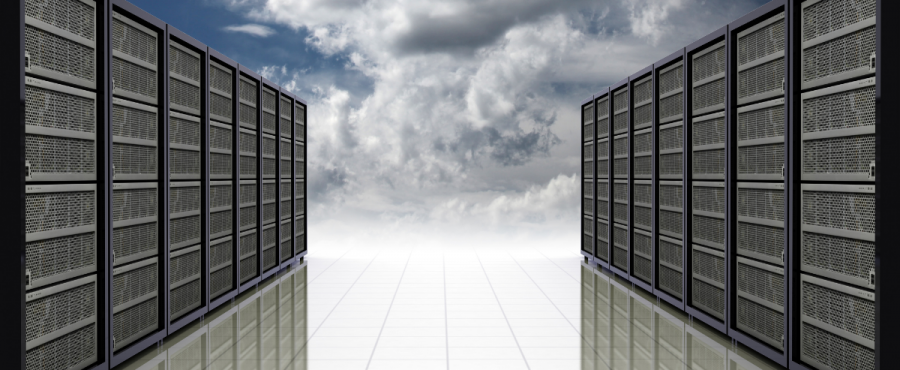Tag Archives: Cloud computing
What Are the Benefits of Cloud Computing vs. Colocation?
Many businesses understand that they should be adapting to the changing business landscape, where a remote dedicated small business server backs their online applications and data. Often, business leaders find themselves struggling to understand the differences between the different kinds of technology available to them. Among the most common forms of technology used for data storage by businesses are colocation and cloud computing. If you would like to understand the differences between colocation and using cloud storage for business, continue reading below for expert insight from LightWave Networks.
Read MoreWhat Is a Hyper-Converged Data Center?
Data centers and colocation services are in demand because they make online operations much easier. As technology has advanced, the rise of hyper-convergence has been witnessed. But what is hyper-convergence?
Cloud Computing for Small Businesses
Small businesses are becoming more aware of the benefits that cloud computing provides to them because of how important it is to remotely store the information that they have on their computers. Before cloud storage, small businesses needed to store their information on their local database or hard drive, which meant that they were subject to damage if anything were to happen to their databases, like a flood or electrical damage. Further, without cloud computing for small businesses, it would be impossible for them to make real-time changes to documents without being physically present in the office or point of operation. Below, Lightwave Networks takes a closer look at cloud computing and the value it gives customers.
Read More


